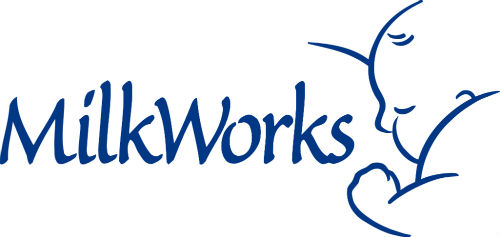Scientific and social research is shaping much of what we do in the year 2017. It impacts the learning tools in our schools, medications used to treat chronic illnesses, and therapies designed to address post-traumatic stress. Academic research also drives the public health measures that encourage mothers to breastfeed. The Journal of Human Lactation has research articles on infant feeding modes and gastroesophageal reflux, analgesic effects of maternal human milk odor on premature neonates, and microbial diversity in the milk of women with mastitis. Virtually every imaginable topic related to breastfeeding appears to be addressed by research.
All this information sheds much needed light on the value of human milk for human infants. For many women, they want and need this validation. At the same time, all this information has the potential to take the heart and soul out of the breastfeeding process. Is it possible for us to be so research focused that all we care about are numbers and percentages and outcomes?
Health is a complicated concept, especially in today’s day and age. Advice comes from every angle of our culture. It is often hard for us to know whether information is accurate or biased. Will new advice emerge tomorrow?
We know that our genes help to predict many health factors. At the same time, we also know that electrochemical information from a person’s thoughts, feelings, experiences, and environment influence how our genes function. Known as epigenetics, this information is also shaping how we view parenting.
Many of the practices we support with breastfeeding - skin to skin contact after birth to trigger instinctual feeding behavior in a baby, responding to a baby’s cries promptly, and valuing the intimacy that happens during suckling – all contribute to a baby’s sense of security and well-being. However, to provide this environment for a baby, we also need a mother who feels supported to follow her own instincts, and a mother who feels capable of caring for her baby.
This requires going deep beneath the layers of academic research to get to the heart and soul of mothering. Letting go of the measurements and the breastfeeding report cards and the rigid recommendations. Replacing them with the support and nurturing care that is often neglected in our work-focused, accomplishment-driven world.
Early childhood experts talk about removing the toxic stress in a child’s life. Truly negative stress can overwhelm a young child and impair their development. Early childhood care is more than quality day care and access to immunizations. It is making sure that our new mothers are surrounded by a community who cares. This is not just a task for our medical community. It is a task for our entire community, each and every one of us.
